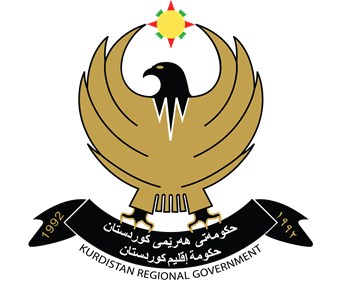An Empirical Analysis of the Effect of Economic Factors on Educational Planning in Kurdistan Region of Iraq
DOI:
https://doi.org/10.56422/ka.3.61.597Keywords:
Budgetary consideration, cost of education, economic development, economic factors, educational planning, labor market demand, return on investmentAbstract
This empirical study examines how economic considerations affect educational planning in Iraqi Kurdistan. The study examines budgetary issues, education costs, economic development, labor market demand, and return on investment. The study seeks to illuminate the relationship between these economic determinants and educational planning outcomes, helping the region design effective educational policies and programs. 118 participants participated in the study. Systematic sampling determined the sample size. Surveys and questionnaires measured budgetary considerations, education costs, economic development, labor market demand, and educational planning. Data was analyzed using correlation, factor and hierarchical regression analysis. The study found positive correlations between Kurdistan's educational planning, budgetary considerations, education costs, economic development, and labor market demand. The return on investment did not affect educational planning. This study impacts Kurdistan's educational policymakers, institutions, and stakeholders. The findings show that budgetary allocations, education costs, economic development, and labor market demands must be prioritized. These recommendations aim to improve education quality, accessibility, and relevance, boosting regional socioeconomic growth. This study is limited by its sample size and geography. Economic issues and their longitudinal implications for educational planning should be studied in a wider framework. The findings support informed decision-making and the creation of regional evidence-based educational policies and programs.




